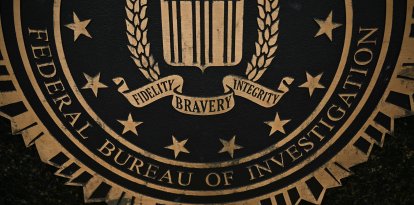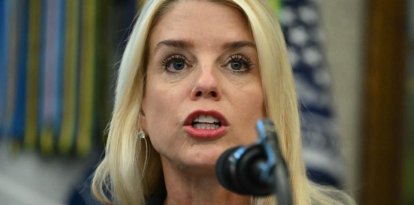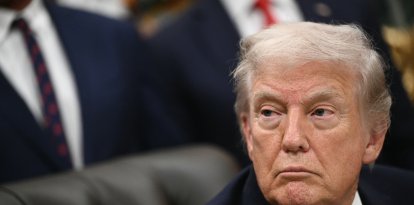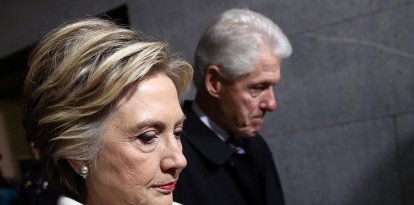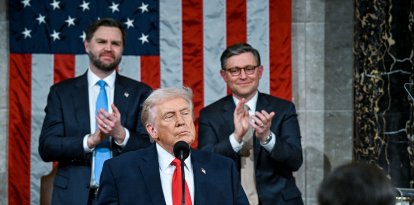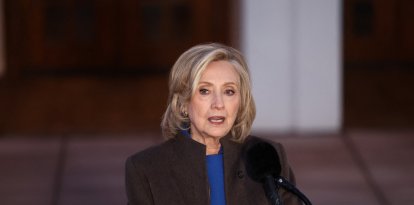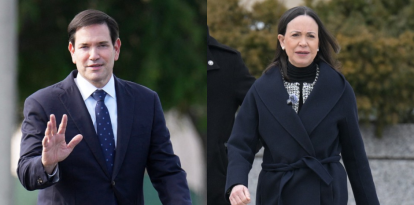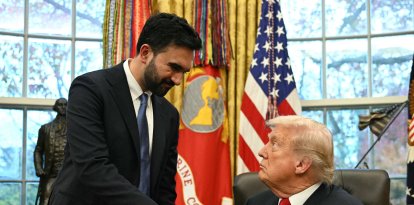Turn in San Francisco's soft-on-crime policy?
Mayor Breed announces the closure of open-air drug markets and defends the need to increase the number of arrests despite protests from Democratic politicians.
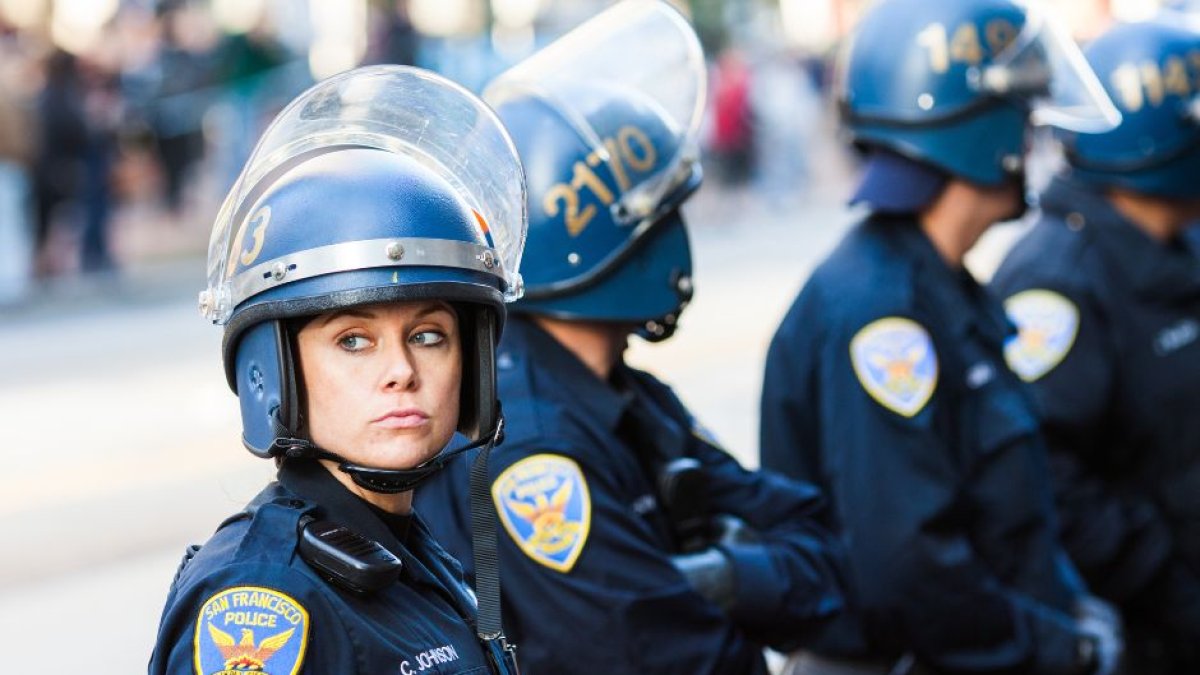
(
San Francisco's era of permissiveness with criminals seems to have its days numbered. In view of the ever-increasing number of crimes, Mayor London Breed, a well-known activist of soft-on-crime policies, announced that she will close down open-air drug markets and defended that the police should be able to increase the number of arrests despite criticism from members of the Democratic Party.
"Another white man speaking as a savior of blacks"
Breed was questioned during a session of the Board of Supervisors by fellow party member Dean Preston. According to the self-styled "socialist democrat," the mayor's latest measures contradict what is stated in the Overdose Prevention Plan. The 2022 San Francisco Declaration, which states that "black, brown and indigenous communities have been deeply harmed by racist drug policies." The report also established measures to correct this situation.
Preston also hinted that the "punitive policies" announced by Breed would lead to more overdose deaths in the city. The mayor's response was forceful, in which there was no shortage of BLM tone for a white man (Preston) speaking about members of other communities: "Here we go. Another White man who's talking about Black and Brown people as if you're the savior of those people and you speak for them," Breed noted.
"I'm going to do so"
The mayor insisted that law enforcement is "a necessary component" to solve the drug crisis in the city. "At the end of the day, when we need to make arrests because someone's breaking the law and needs to be held accountable and can potentially be forced into treatment services, I'm going to do so," she warned. As a sample, Breed reported that 38 arrests had been made during the previous week.
After the discussion with Preston, Breed insisted on social media that, in addition to "taking more aggressive action" to combat drugs on the streets of the city, "also requires us to take actions to create more options for getting people into care." She further warned that "we also have to send a clear message that refusing help is not a license to remain on our street."















